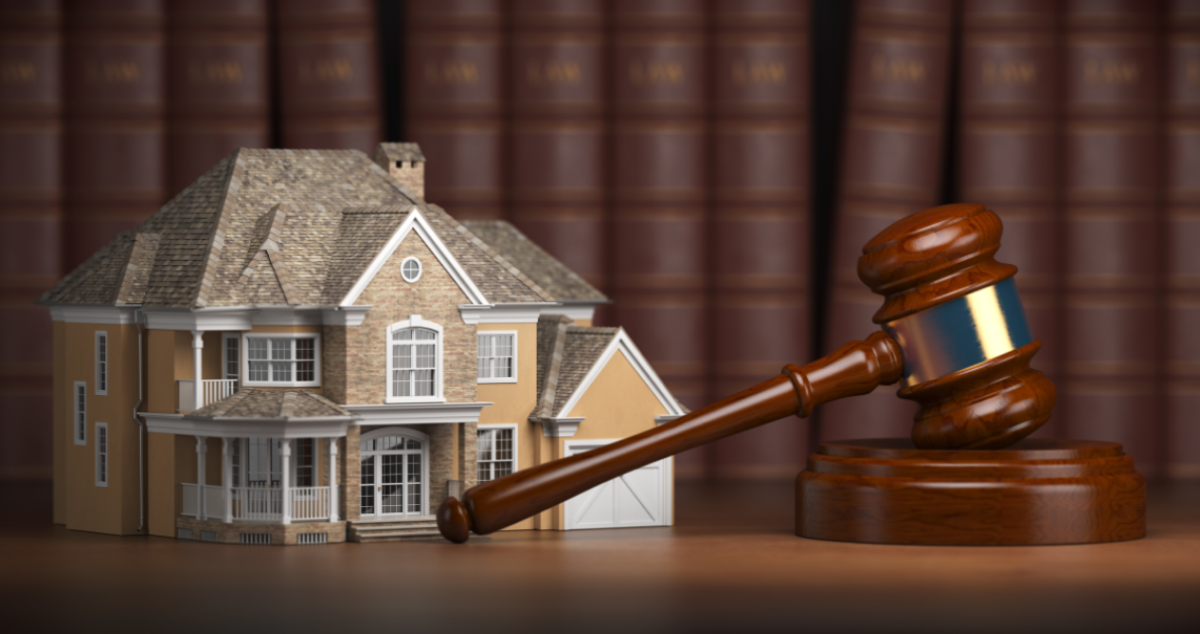Building a custom home involves more than just choosing designs and materials. It requires understanding building codes and zoning laws to ensure legal compliance. These regulations impact every phase of construction and can save you time, money, and frustration.
In this article, we’ll cover the basics of building codes and zoning laws. We’ll explain how they affect custom homes and how you can navigate these regulations effectively.
1. What Are Building Codes?
Building codes set minimum safety, structural, and design standards for construction projects. These codes ensure that homes are safe, functional, and sustainable. Additionally, they govern aspects like plumbing, electrical systems, and fire safety.
Key areas covered by building codes include:
- Structural safety: Ensures the home can withstand environmental factors like wind, earthquakes, and weight loads.
- Plumbing and electrical systems: Sets standards for the installation of pipes, wiring, and outlets.
- Fire safety: Regulates smoke detectors, fire exits, and fire-resistant materials.
- Energy efficiency: Encourages sustainable building practices and energy-saving designs.
Local building authorities enforce these codes. Non-compliance can lead to fines, delays, or having to redo parts of the project.
2. What Are Zoning Laws?
Zoning laws regulate how land can be used in different areas. They define where homes, businesses, and industrial buildings can be constructed. Zoning laws vary by region, but all aim to create orderly communities.
Key elements of zoning laws include:
- Land use: Defines whether the area is for residential, commercial, or industrial use.
- Building height and size: Limits the height and square footage of structures.
- Setbacks: Specifies how far a building must be from property lines, roads, and other structures.
- Density restrictions: Limits the number of buildings allowed per lot or per acre.
Zoning laws protect the character of neighborhoods and ensure consistent community development. Failing to follow these regulations can result in project delays or legal challenges.
3. Why Are Building Codes and Zoning Laws Important?
Understanding building codes and zoning laws ensures your custom home is safe and legal. These regulations protect your investment and the surrounding community. Ignoring them could lead to costly consequences, including fines, delays, and lawsuits.
Reasons they matter:
- Safety: Building codes protect against structural failures and safety hazards.
- Legal compliance: Following zoning laws ensures you don’t violate land use regulations.
- Property value: Homes built to code hold their value better over time.
- Community harmony: Zoning laws keep neighborhoods cohesive and prevent overcrowding or mismatched buildings.
Therefore, addressing these rules early in the planning process will save time and prevent unnecessary issues.
4. How Building Codes Impact Custom Homes
Building codes affect every aspect of your custom home’s design and construction. From the foundation to the roof, these rules ensure your home meets structural and safety standards. Compliance with these codes is essential to avoid project delays.
How building codes impact custom homes:
- Foundation and framing requirements: Codes determine the materials and techniques used to ensure structural integrity.
- Electrical systems: Guidelines regulate wiring, outlets, and safety mechanisms to prevent electrical fires.
- Plumbing systems: Codes ensure proper water supply, drainage, and sanitation systems.
- Fire safety: Homes must have smoke detectors, fire exits, and use fire-resistant materials in specific areas.
- Energy efficiency: Insulation, windows, and heating systems must meet minimum energy standards.
Consulting with an architect and contractor will help you ensure compliance with all building codes from the start.
5. How Zoning Laws Impact Custom Homes
Zoning laws affect where and how you can build your custom home. These rules regulate land use and construction features such as height, setbacks, and density. Therefore, understanding these laws helps avoid legal roadblocks during construction.
Key zoning law considerations:
- Residential zoning: Ensure your lot is zoned for home construction, not commercial or industrial use.
- Setback requirements: Your home must be a certain distance from property lines and other structures.
- Height and size restrictions: Zoning laws often limit the height and overall size of homes.
- Additional structures: If you plan to add sheds, garages, or guest houses, zoning laws may limit the size and number allowed.
Check local zoning ordinances before finalizing your home’s design to avoid costly changes later.
6. Navigating the Permit and Approval Process
Securing building permits and zoning approvals is a crucial part of any construction project. Permits ensure your plans meet safety standards, while zoning approvals confirm compliance with local regulations. The process may seem complex, but following it will help your project proceed smoothly.
Steps to navigate the permit and approval process:
Submit Plans
First, submit detailed architectural and site plans to the local building department. These plans are reviewed to ensure they meet building codes and zoning regulations. Approval can take weeks, so submit early.
Inspections During Construction
Next, inspectors visit the site during key construction phases to check compliance. They inspect the foundation, framing, electrical, and plumbing systems. Passing each inspection is essential before moving on to the next phase.
Final Inspection
Once construction is complete, a final inspection ensures the home complies with all safety and zoning regulations. After passing this inspection, you receive a certificate of occupancy, which allows you to legally live in the home.
Staying organized and maintaining good communication with local officials helps keep the process moving smoothly.
7. Common Challenges with Building Codes and Zoning Laws
Sometimes, custom home projects encounter challenges related to building codes and zoning laws. However, anticipating these challenges can help prevent delays and unexpected costs.
Common challenges include:
- Code updates: Building codes may change during construction, requiring adjustments to meet new standards.
- Variance requests: If your project doesn’t fully comply with zoning laws, you may need to request a variance, which allows for exceptions.
- Environmental restrictions: Some zoning laws include environmental protections, like restrictions on building near wetlands or rivers.
Working with experienced professionals and communicating with local authorities will help you manage these challenges effectively.
8. Hiring Professionals to Ensure Compliance
Building a custom home requires more than a basic understanding of building codes and zoning laws. Hiring professionals ensures your project complies with all legal requirements and proceeds without major setbacks.
Who to hire:
- Architects: They design homes that follow building codes and meet zoning requirements.
- Contractors: Licensed contractors are familiar with local codes and ensure the construction meets all standards.
- Land-use attorneys or zoning consultants: For complex zoning issues, these professionals can help navigate the approval process and handle variance requests.
By hiring experts, you can avoid mistakes that could lead to delays or fines, ensuring a smooth construction process.
Conclusion
Building codes and zoning laws play a critical role in the construction of custom homes. They protect both homeowners and the community by ensuring safety, legal compliance, and neighborhood consistency. Understanding these regulations is essential to avoid costly delays and legal issues.
By working with construction professionals, submitting plans early, and addressing challenges proactively, you can ensure your custom home project moves forward efficiently and complies with all local requirements. Taking the time to understand and follow building codes and zoning laws sets the foundation for a successful and stress-free build.


